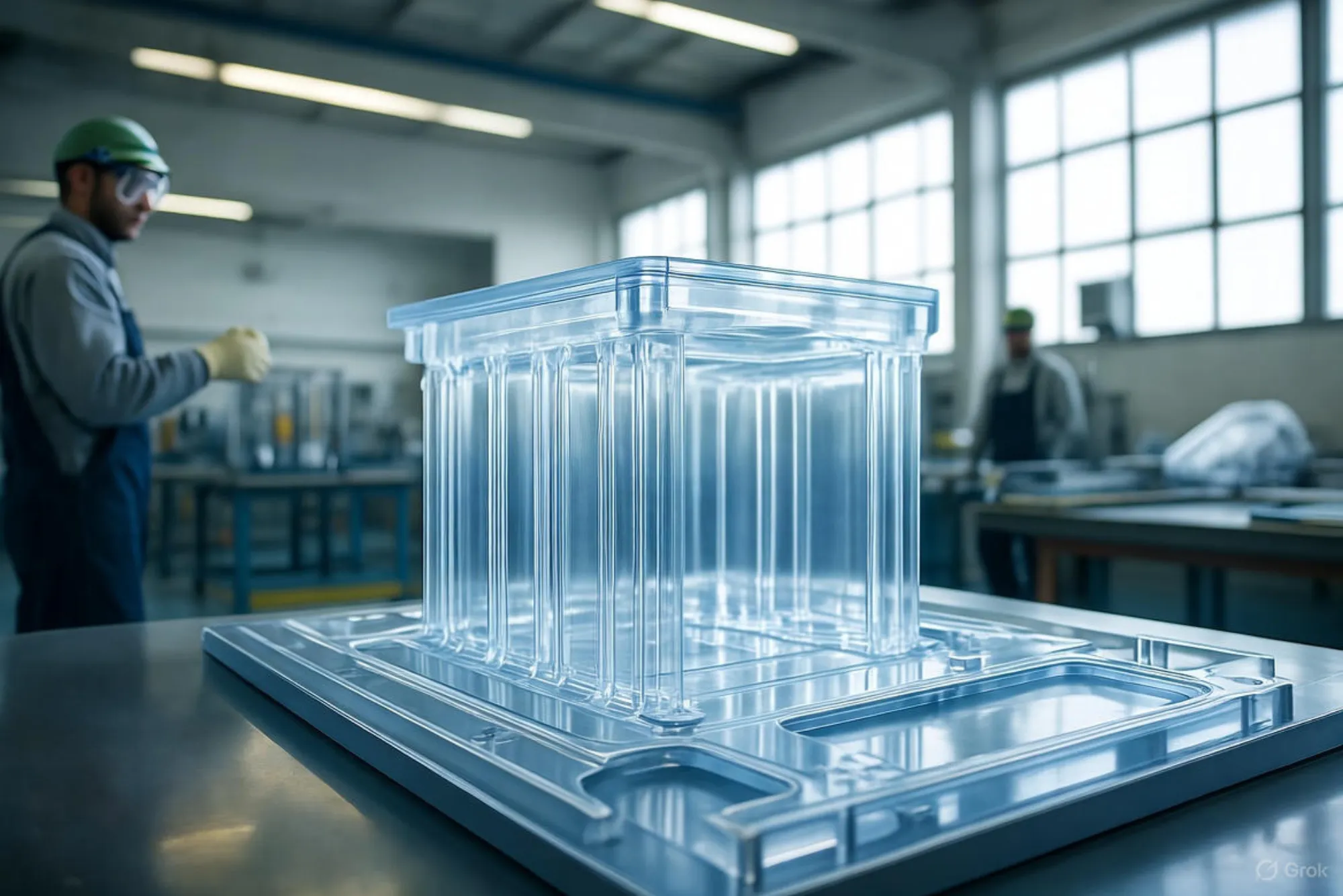Leasing commercial real estate in New Jersey (NJ) can be a complex process, whether you’re a business owner seeking to rent office space, a warehouse, or retail property. Understanding the fundamentals of a commercial lease is crucial to making informed decisions. This article explores the various aspects of an NJ commercial real estate lease, outlining key considerations, lease types, legal obligations, and strategies for negotiation.
What is a Commercial Real Estate Lease
A commercial real estate lease is a legally binding contract between a landlord and a tenant, where the landlord allows the tenant to use the property for business purposes in exchange for rent. Unlike residential leases, commercial leases often involve more negotiation and complexity because the needs of businesses vary widely.
Commercial real estate leases in New Jersey typically include properties such as retail stores, offices, warehouses, and industrial spaces. Whether you’re a start-up or an established business, understanding the terms and conditions of your lease is essential for your business’s success.
Types of Commercial Leases in NJ
In New Jersey, there are several types of commercial leases, each catering to different business needs and financial arrangements. A gross lease is a straightforward agreement where the tenant pays a fixed rent, and the landlord covers operating expenses such as property taxes, insurance, and maintenance. This type of lease offers the tenant predictable costs, making it ideal for businesses that prefer stability in their financial commitments.
A net lease is more flexible but also involves the tenant sharing the property’s operating expenses. Depending on the terms, the tenant may be responsible for paying property taxes (in a single net lease), insurance (in a double net lease), or even maintenance costs (in a triple net lease). Net leases can be advantageous for businesses that want to negotiate lower base rent in exchange for taking on more operational costs.
Key Components of an NJ Commercial Real Estate Lease
When entering into a commercial lease agreement in NJ, it’s important to understand the key components that are typically included in the contract.
Lease Term
The lease term specifies the duration of the agreement, which can range from a few years to several decades. A short-term lease offers more flexibility if your business’s needs change, but it may also lead to frequent relocations. A long-term lease, on the other hand, provides stability and can lock in favorable rental rates for the foreseeable future.
Rent and Rent Escalations
Rent is, of course, a primary concern in any commercial lease. The lease agreement will clearly state the base rent and how it will be paid, whether on a monthly, quarterly, or yearly basis. In addition to the base rent, the lease may include provisions for rent escalations—periodic increases in rent that account for inflation, rising property values, or other factors. These increases are often tied to the Consumer Price Index (CPI) or negotiated at a fixed percentage.
Common Area Maintenance (CAM) Fees
In properties such as office buildings or shopping centers with shared spaces, tenants may be required to contribute to the maintenance of these common areas. These contributions are referred to as Common Area Maintenance (CAM) fees. CAM fees can include expenses such as cleaning, security, landscaping, and maintenance of hallways and parking lots. Tenants should review the lease carefully to understand what portion of the common area expenses they will be responsible for.

Security Deposit
Most commercial leases in NJ require a security deposit, which is held by the landlord as protection in case the tenant defaults on rent or damages the property. The amount of the security deposit is typically negotiable but often ranges from one to six months’ rent. Tenants should ensure they understand the conditions under which the security deposit will be returned at the end of the lease.
Use Clause
The use clause in a commercial lease outlines the specific purpose for which the tenant is allowed to use the property. For example, a retail business may only be permitted to sell certain types of products, or an office space may be limited to professional services. It’s important to ensure that the lease accurately reflects your business’s activities and that the property is zoned for your intended use.
Maintenance and Repairs
A key consideration in any lease is determining which party is responsible for maintaining and repairing the property. In net leases, tenants are usually responsible for some or all of the upkeep, such as repairing damage to the premises or maintaining heating and cooling systems. In gross leases, the landlord typically assumes responsibility for these tasks. The lease should clearly define each party’s obligations to avoid disputes later on.
Termination Clause
The termination clause allows for the lease to be ended early under specific conditions. For example, if the tenant defaults on rent or if the property is damaged beyond repair, the lease can be terminated. This clause also outlines any penalties for breaking the lease before the agreed-upon term. Both landlords and tenants should review this section carefully to understand the consequences of early termination.
Important Legal Considerations in NJ Commercial Real Estate Leases
Leasing commercial Real Estate Lease in NJ involves several legal considerations. While understanding the financial aspects of a lease is important, business owners must also be aware of the legal requirements associated with leasing a property.
Zoning Laws
Zoning laws regulate the types of businesses that can operate in specific areas. Before signing a lease, tenants should verify that the property is zoned for their intended use. For example, certain areas may be zoned for industrial use, while others are restricted to retail or office spaces. Violating zoning laws can result in hefty fines or legal challenges, so it’s essential to confirm that your business activities comply with local regulations.
ADA Compliance
The Americans with Disabilities Act (ADA) requires commercial properties to be accessible to individuals with disabilities. This may include installing ramps, widening doorways, or modifying restrooms to accommodate wheelchair access. Depending on the lease, either the landlord or the tenant may be responsible for making ADA-compliant modifications to the property.
Permits and Licenses
Operating a business in NJ requires certain permits and licenses, which vary depending on the industry and location. For example, food service establishments must obtain health permits, while construction companies may need building permits. It’s important to ensure that you have the appropriate licenses in place before signing a commercial lease. Failure to do so can result in fines or the closure of your business.
How to Negotiate a Commercial Lease in NJ
Negotiating a commercial lease can be a daunting task, but there are several strategies that tenants can use to secure favorable terms. One of the most important steps is hiring a commercial real estate broker who is familiar with the NJ market. A broker can help you find properties that meet your needs and negotiate on your behalf to ensure that you get the best possible deal.
Before entering negotiations, make sure you fully understand the terms of the lease, including rent, operating expenses, and any hidden fees. It’s also important to negotiate flexibility into the lease. For example, you may want to negotiate the option to renew the lease or expand the space if your business grows. Additionally, tenants should ensure that the lease clearly defines the responsibilities for maintenance, repairs, and other operating costs to avoid disputes later on.
Leasing commercial real estate in New Jersey is a significant commitment, but understanding the various lease types, legal considerations, and negotiation strategies can help you make a well-informed decision. Whether you’re seeking office space, a retail location, or an industrial facility, working with a commercial real estate broker and attorney will ensure that your lease terms are favorable and aligned with your business goals. By familiarizing yourself with the key components of an NJ commercial real estate lease and negotiating smartly, you can create a solid foundation for your business’s growth and success.




